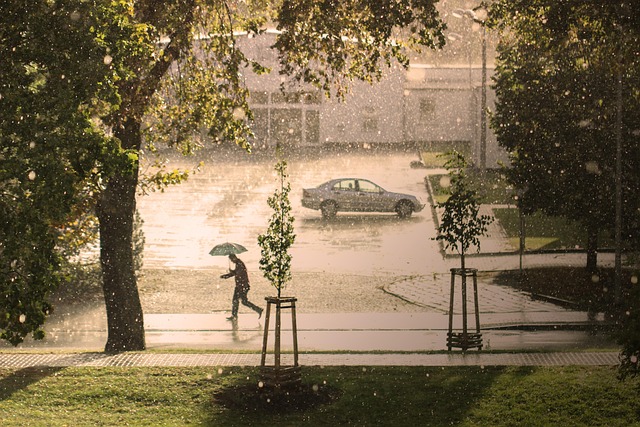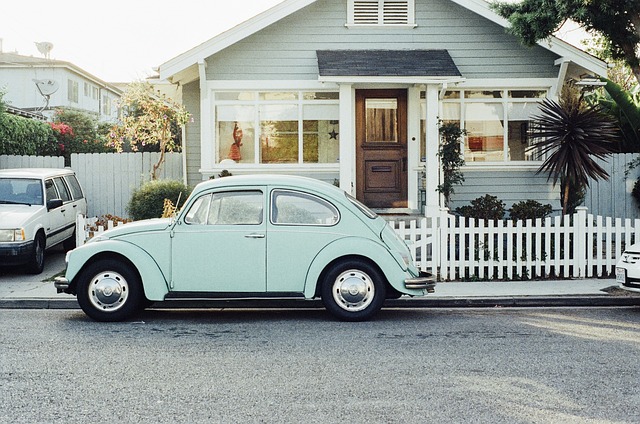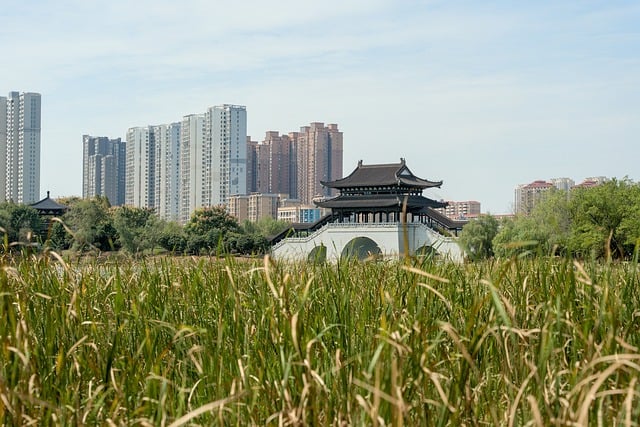In an age where urban landscapes are dominated by steel and concrete, the concept of community gardening emerges as a beacon of hope, breathing life into our cities while assuaging the growing concerns around urban climate. These vibrant patches of green not only enhance the aesthetic of our neighborhoods but also play a crucial role in promoting environmental sustainability, mental well-being, and community cohesion.
The urban climate, characterized by heightened temperatures, reduced air quality, and increased rainfall runoff, poses significant challenges to city dwellers. However, community gardens serve as vital lungs of the urban ecosystem. By cultivating green spaces, we enable the natural absorption of carbon dioxide and pollutants, thereby improving air quality. Studies have shown that the presence of greenery can reduce the urban heat island effect, lowering temperatures in our streets and homes.
Gardening is as much about nurturing plants as it is about fostering connections among community members. These gardens create a nurturing space for individuals to come together, share ideas, and collaborate on sustainable practices. They invite neighbors of all ages to participate in the cycle of growth, empowering them to take ownership of their shared environment. Through communal efforts, we learn to appreciate the beauty of nature, respect the land, and recognize our impact on the surrounding ecosystem.
Moreover, community gardens can provide an oasis of biodiversity in an otherwise homogeneous urban environment. By planting native species and implementing eco-friendly gardening techniques, we can support pollinators like bees and butterflies, which are crucial for our ecosystems. This restoration of balance within our urban climate is vital for promoting a healthy and resilient environment.
Engaging in community gardening also encourages us to be more mindful of our consumption habits. Growing our own vegetables and herbs not only provides fresh produce but also reduces the carbon footprint associated with transporting food. This return to nature, where we embrace the idea of ‘growing our own,’ creates a deeper appreciation for what we consume, fostering a culture of sustainability.
Participating in a community garden transcends the physical act of gardening; it is a movement towards a greener, more sustainable urban climate. Each seed sown represents hope; with every flower that blooms, we cultivate not just plants but relationships and an eco-friendly mindset. The path forward is a collaborative effort, and together, we can nurture the heartbeat of our cities through community gardening, ensuring a legacy of green for generations to come.




